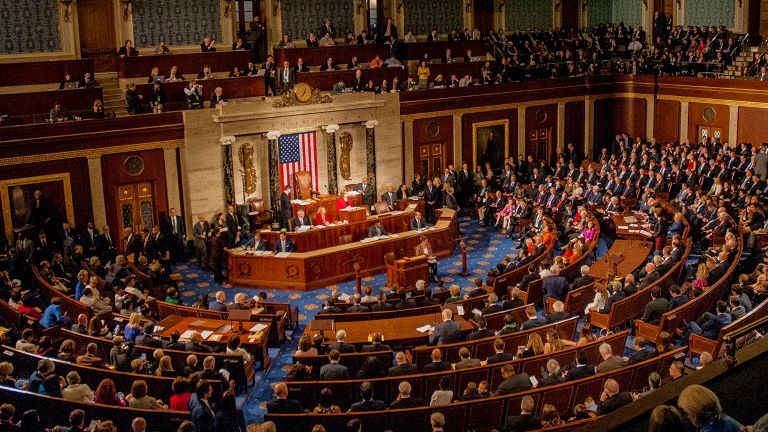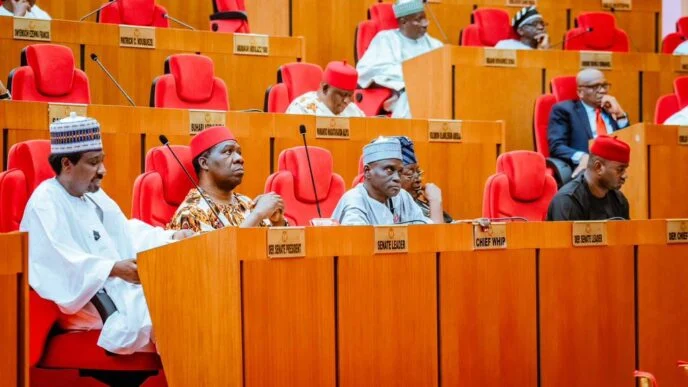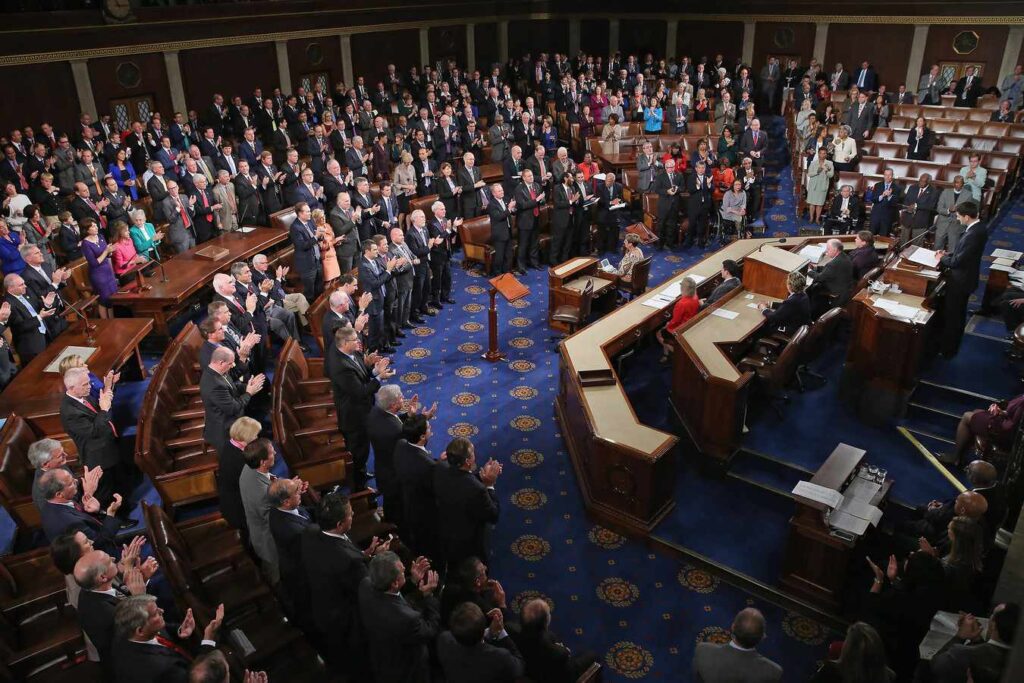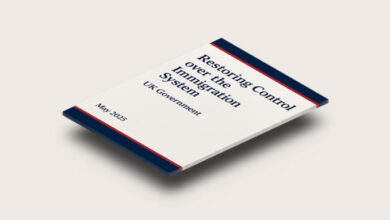Nigerians to be affected as U.S proposes 5% levy on diaspora remittances

U.S. lawmakers have introduced a draft bill proposing a 5 percent excise tax on remittances sent overseas, a measure that could have significant implications for immigrant communities, including millions of Nigerians.
The proposal represents another notable policy shift under President Donald Trump’s administration, which has recently implemented a series of strict immigration and trade measures.

Given Nigeria’s heavy reliance on diaspora remittances, Nigerians will likely be among the most impacted. The bill, presented in the House of Representatives, aims to tax payments sent by U.S. residents to recipients in other countries.
ALSO READ: The immigration white paper has been published
What does this mean for our Economy?
Central Bank of Nigeria (CBN) Governor Olayemi Cardoso reported that Nigeria received $4.22 billion in remittances through international money transfer operators (IMTOs) between January and October 2024.
While it remains uncertain how much of this amount came from the United States, the proposed legislation includes provisions allowing verified U.S. citizens to be exempt and to claim the tax as a credit.
There is hereby imposed on any remittance transfer a tax equal to 5 per cent of the amount of such transfer, the bill states.
The legislation also stipulates that the tax burden would fall on the sender, with payments to be submitted quarterly to the Secretary of the Treasury. However, remittances sent by verified U.S. senders through approved transfer providers would be exempt from the tax.
Wider policy shifts implemented by the Trump administration

In January, U.S. Immigration and Customs Enforcement (ICE) identified nearly two million undocumented immigrants for potential deportation. That same month, President Trump revealed plans to eliminate birthright citizenship for children born to non-citizens.
On the trade front, Trump implemented sweeping global tariffs on March 2, including a 1 percent levy on Nigerian exports.
FOLLOW US ON INSTAGRAM: Get the most important news on your social media feed
FOLLOW US ON FACEBOOK: Get the most important news on your social media feed
FOLLOW US ON X: Get the most important news on your social media feed
In retaliation to China’s previous 84 percent tariff increase, the U.S. raised tariffs on Chinese imports from 104 percent to 125 percent, while exempting several other countries. However, tensions eased on May 12 when the U.S. and China reached a trade agreement.
Under the deal, U.S. tariffs on Chinese goods will be reduced from 11 percent to zero, while China will lower its duties on American imports from 125 percent to 10 percent.
If passed, the proposed 5 percent remittance tax could further burden Nigerian households, many of which depend on funds sent from abroad to cover education, healthcare, and daily expenses.
With the bill still in its early stages, analysts are keeping a close watch as it moves through Congress.
READ MORE: DIASPORA LENS




